
views
I happened to be in Bhubaneswar on August 5, the day journalist Ruben Banerjee’s book Naveen Patnaik, on the four-time chief minister of Odisha, was launched. The BJD top brass has neither accepted nor rejected the eponymous book.
In 2000, soon after Patnaik became the Odisha CM for the first time, I had done a piece for the Times of India. I recall I had written in conclusion: “Elections over, a monumental task now awaits Patnaik: rebuilding the supercyclone-ravaged state. Kalahandi; rising unemployment; providing schools, hospitals, roads; fixing accountability on the bureaucracy are the tough challenges ahead. If he succeeds, he will have made a permanent place for himself, like his father, in the Oriya psyche. If he fails, who knows, he could go back to writing and the social circuit.”
In hindsight, I underestimated his political acumen.
Patnaik, a novice then, took to the rough and tumble of Odisha politics from the charmed wine-and-cheese circle of Lutyen’s Delhi in 1997 shortly after the death of his legendary father Biju babu and since his electoral debut in the Aska Lok Sabha bypoll is yet to lose a single election. He looks almost certain to eclipse former West Bengal chief minister Jyoti Basu’s formidable record as the longest-serving CM unless his health fails him. Patnaik appears to be an electoral giant in comparison to his father, inarguably the most popular leader in Odisha. For instance, in 1971, Biju babu had lost from all the five Assembly seats and another Lok Sabha constituency.
So what’s Patnaik’s electoral mojo? What made the inscrutable jetsetter socialite, who hardly spoke any Odia for many years, and was on first-name terms with the likes of Beatles, Jackie Onassis and Robert De Niro crack Odisha’s complex electoral code? (Interestingly, Patnaik once is said to have pronounced Chandikhol, a place near Cuttack, as Chaddikhol)
Banerjee’s book is an insight into Patnaik’s political odyssey. The author says he was surprised that nobody ever thought of writing a book on such a fascinating subject. However, I distinctly recall a breezy profile of Patnaik by Vir Sanghvi in Hindustan Times’ Brunch a decade ago. Sanghvi had delved more into Patnaik’s high life in Delhi before he took the political plunge.
A book was clearly waiting to be written.
Banerjee’s book is important for Patnaik, who goes by his nickname Pappu in Delhi’s cocktail circuit and was a complete stranger to Odisha till he tested the political waters.
Banerjee writes, “Biju babu’s family generally stayed in the background, away from the public gaze.”
So what’s Patnaik like?
The Outlook editor writes, he’s “a remarkable phenomenon”, who is “taciturn by nature, and has no parallel in Indian politics... Perhaps the quietest politician in present-day politics... Even in Odisha, there is an information deficit about him. People know the basic details of his social life, but little else.” So true.
“Educated at Doon School and a classmate of Sanjay Gandhi, he was more at home speaking in English with a western accent. He loved Dunhill cigarettes and enjoyed his Famous Grouse whisky every evening, a habit that personal staff says he hasn’t given up... He run a boutique called Psychedelhi from Oberoi hotel and his clientele included the fabled Beatles.”
Was greatness thrust on Patnaik? One prominent Odisha MP had told me once that it was Biju babu’s daughter and acclaimed author Gita Mehta who told the party leaders after her father’s death “Naveen is the guy” who will don the mantle.
In a curious twist, Banerjee’s book recounts a contrarian tale. “Naveen wasn’t pressured by his siblings to join politics, it was the other way around... One night Naveen walked up to Prem (elder brother) and made his intentions clear. ‘Now that you and Rani (Gita’s pet name) have refused, can I go to contest from Aska?’ Naveen is supposed to have asked his startled brother.”
The Patnaik story gets curiouser.
Another rather amusing, yet very interesting, insight in Banerjee’s book is that LK Advani had almost convinced an ailing Biju babu in the late 1990s that his Janata Party had no future and he should merge his outfit with the BJP. Many close Biju aides had come around to Advani’s view. Banerjee writes, “...If they had had their way...Naveen would possibly have ended up as the Odisha president of the BJP.”
The book throws light on the mantra of Patnaik’s Odisha conquest. “The key to Naveen’s success is that...he has largely come out of them without blemish, skillfully sidestepping scrutiny and deflecting criticism... And when something goes horribly wrong, there is always someone else who shoulders the blame, sparing Naveen the taint.”
Banerjee plays on the image-conscious stereotype of Patnaik. He writes, “While accepting donations, Naveen took extra care to retain his image of a clean, corruption-free administrator who valued probity, decency and decorum in public life.”
He describes Patnaik as a shrewd, ruthless politician with a killer instinct. The book dwells on how Patnaik is a man on a mission, who snuffed out the political careers of many successful leaders like Bijaya Mohapatra, Nalini Mahanty and Dillip Ray and most notably Pyari Mohapatra, who was his eyes and ears for long.
All his ‘victims’ were close aides of his father. “By rough estimates, Naveen has so far shown the door to some 46 of ministers on some pretext or the other... whenever there was the slightest whiff of controversy, Naveen swiftly put the blame on someone else and removed them,” writes Banerjee.
Particularly interesting is Pyari’s account of a shrewd Patnaik. The book elaborates how at a dinner meeting, Gita Mehta’s suggestion to Patnaik that Pyari be made deputy chief minister to “lessen his burden", cost the former bureaucrat’s political career. Patnaik kept quiet at the dinner meeting. “…Naveen came to see him off and opened the car door. ‘He opened that car door and then shut the door of the party on me... If Naveen is being extra nice then you are in a spot.’”
Banerjee describes in great detail how Patnaik escaped scrutiny of the two of the largest scams – the chit fund loot and the mining scam, which is widely believed to be much bigger than the Bellary mining scam. “The twin scams shook the people’s confidence in Naveen’s government, but criticism against the chief minister was generally conspicuous by its absence.”
Criticisms aside, what after Patnaik?
The book leaves the much-talked about question open-ended. “…his position in history is guaranteed. The same, however, cannot be said for his party.” Banerjee is not sure if his nephew Arun Patnaik is ready to take the charge and concludes, “Naveen Patnaik, the politician is hard to match, after all.”
Banerjee has consistently portrayed Patnaik as shrewd, “suspicious by nature”, a ruthless politician with “X-ray eyes”.
Banerjee’s Naveen Patnaik is largely based on anecdotes, and the reporter’s diary during Banerjee’s stint as the state correspondent in Odisha. It’s those anecdotes that make the book an interesting read. The book has created more chatter outside Odisha. Perhaps, an Odia edition will create a bigger buzz back home.












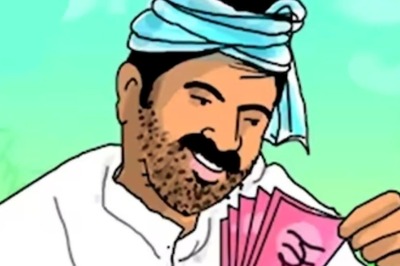

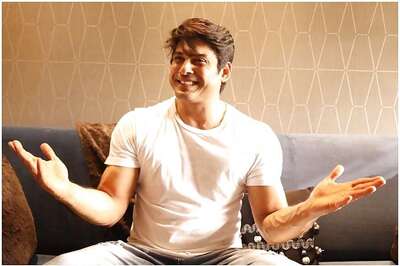


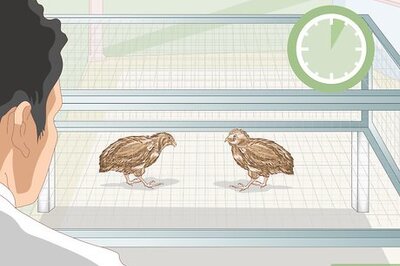
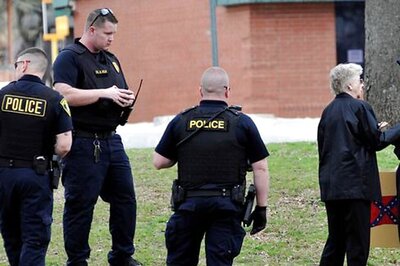
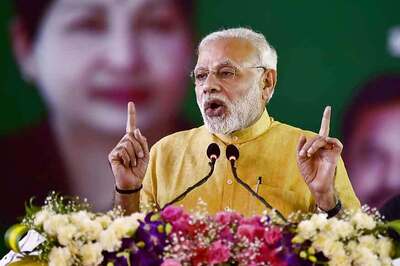
Comments
0 comment